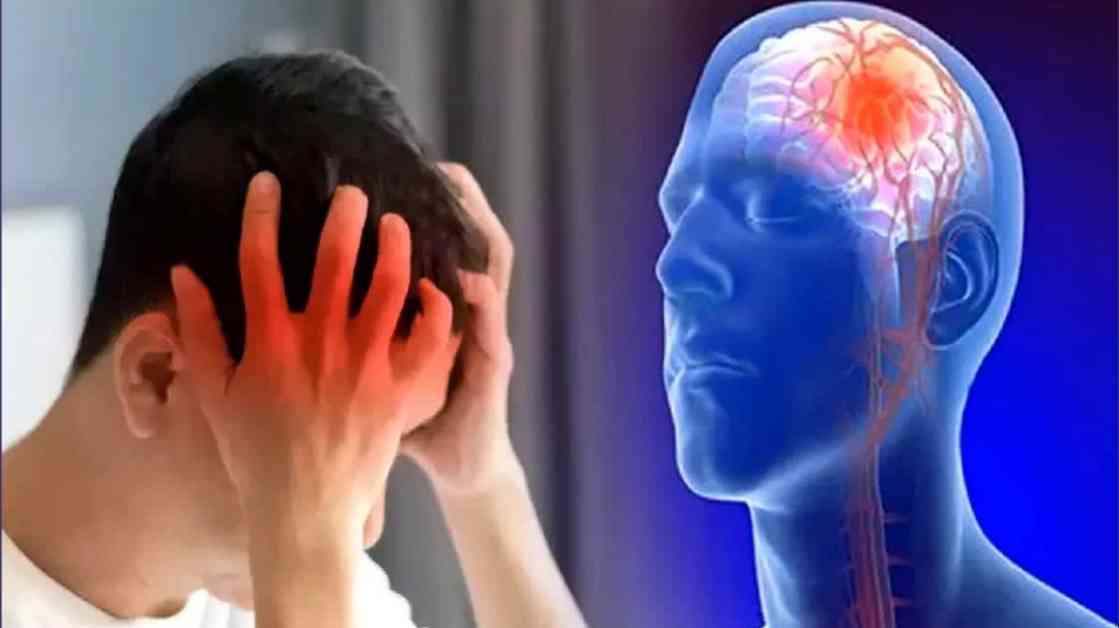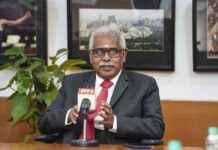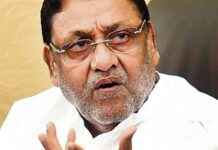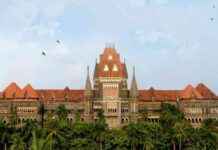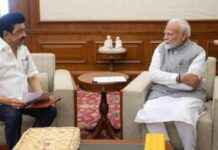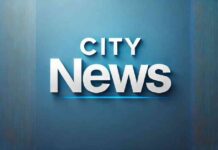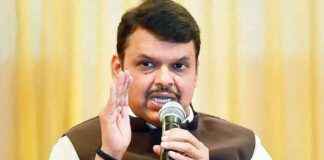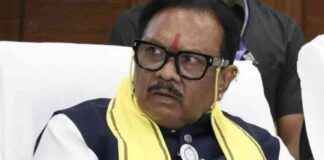Neurologists play a crucial role in the treatment and management of brain stroke patients. In recent years, the prevalence of brain strokes among individuals aged 30 to 50 has been on the rise, attributed to lifestyle changes, poor dietary habits, alcohol consumption, diabetes, high blood pressure, and mental stress. The Ministry of Health in India has highlighted that brain stroke is the second leading cause of death globally, underscoring the urgent need for improved access to neurologists for timely intervention and care.
Dr. Vinayak Joshi, Director and Senior Neurosurgeon at Joshi’s Neurotrauma Center in Thane, has expressed concerns over the delayed consultation of brain specialists following a stroke. Shockingly, 30 to 40 percent of stroke patients in India do not seek medical attention from a neurologist within the critical first 18 to 24 hours post-stroke, leading to increased rates of brain damage, long-term disability, paralysis, and even death. The statistics are alarming, with one citizen succumbing to a brain stroke every second in the country, shedding light on the urgent need for heightened awareness and prompt medical intervention.
### Recognizing the Importance of the “Golden Hour”
Dr. Joshi emphasizes the significance of the “golden hour” in stroke management, referring to the critical first three hours following the onset of symptoms. During this crucial window, timely treatment can significantly impact the patient’s outcome, potentially preventing permanent brain injury that is irreparable. Understanding the symptoms of a brain stroke and seeking immediate medical attention can be life-saving, as highlighted by Dr. Joshi.
Symptoms of a brain stroke may manifest suddenly and include confusion, difficulty speaking or understanding words, numbness or weakness on one side of the body, a sudden severe headache, changes in vision, difficulty walking, dizziness, or loss of balance. It is imperative for individuals and their families to recognize these signs and promptly consult a neurologist for appropriate evaluation and treatment.
### Urging for Prompt Medical Intervention
In the event of a suspected stroke, time is of the essence. Dr. Joshi stresses the importance of seeking treatment under the guidance of a neurologist in a hospital equipped with modern facilities such as CT scans, X-rays, and operating theaters. Thrombolysis, a treatment aimed at dissolving blood clots, can prove to be life-saving if administered within three to four hours of symptom onset. However, delays in seeking specialized care can result in irreversible consequences for the patient, including permanent disability and dependency on caregivers.
It is not uncommon for stroke patients and their families to initially seek treatment at local clinics or general hospitals, inadvertently wasting precious hours that could make a significant difference in the patient’s recovery. By raising awareness about the importance of consulting a neurologist and initiating treatment promptly, Dr. Joshi hopes to reduce the burden of disability and mortality associated with brain strokes in India.
### The Role of Neurologists in Stroke Care
Neurologists are specialized physicians trained to diagnose and treat conditions affecting the brain and nervous system, including strokes. Their expertise in assessing and managing stroke patients is invaluable in optimizing outcomes and minimizing long-term complications. By collaborating with neurologists and adhering to evidence-based guidelines, individuals can receive comprehensive care tailored to their specific needs, enhancing their chances of recovery and rehabilitation.
In conclusion, improving access to neurologists for brain stroke patients is paramount in addressing the growing burden of stroke-related morbidity and mortality in India. Timely intervention, proper diagnosis, and targeted treatment under the guidance of neurology specialists can significantly impact the prognosis of stroke patients, potentially saving lives and reducing the incidence of long-term disabilities. By raising awareness, promoting early recognition of stroke symptoms, and facilitating timely access to neurologists, we can strive towards better outcomes for individuals affected by this debilitating condition.
